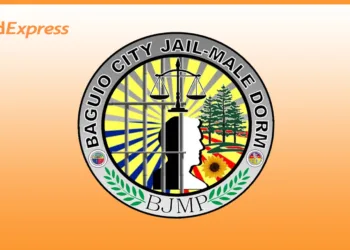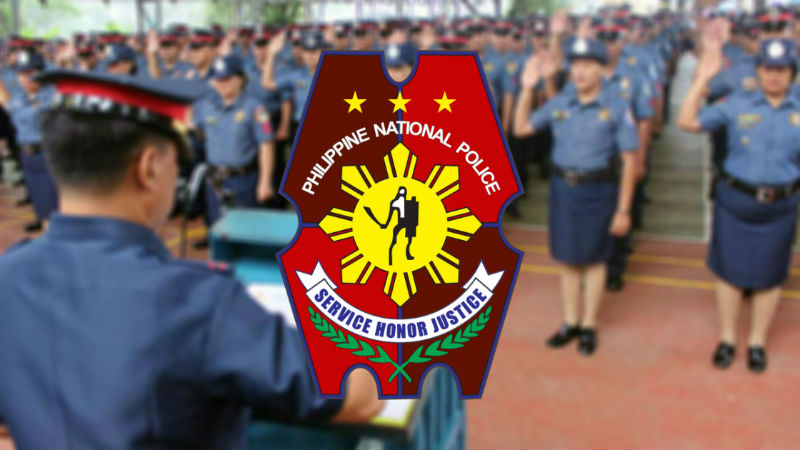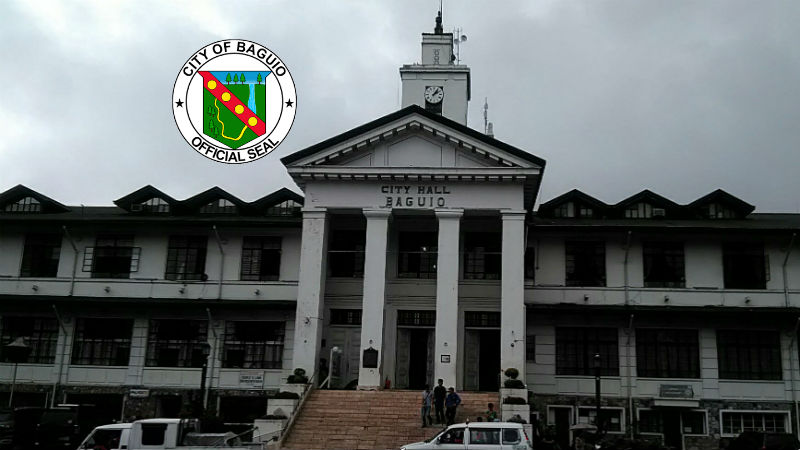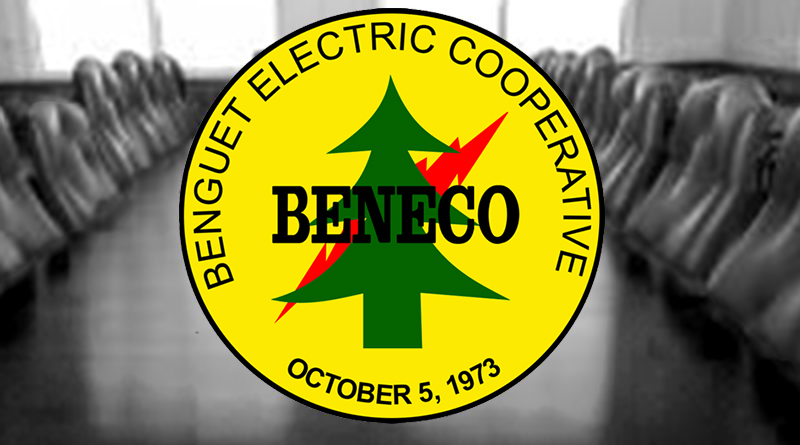BAGUIO CITY – Some 100 educators from the different parts of the country joined a three-day National Seminar-Workshop on Innovative Teaching for Re-tooling and Readiness at the National Educators’ Academy of the Philippines (NEAP), Teachers’ Camp on October 23 to 25.
The participants of the activity were teachers, trainors and classroom teachers from different education institutions who were invited to the event hosted by the Institute of Leaders in Educational Advancement and Development (i.LEAD) which was earlier endorsed by Department of Education Central Office, DepEd Advisory No. 213, s. 2015, and Commission of Higher Education (CHED) Memorandum dated May 21, 2015.
“21st Century Students and the New Curricula: Innovation and Re-tooling for Readiness,” was the theme of the said activity with the objectives to familiarize teacher-trainers and classroom teachers with the characteristics and qualities of the 21st century students, demonstrate new techniques and teaching strategies to engage Filipino students of the new millennia, and help produce and innovate instructional materials that are responsive to the needs and contexts of today’s students.
The first day of the event focused familiarizing new terrain and engaging millennial Filipino students by Prof. Ma. Rosario Florendo of the University of the Philippines. The second day also showcased research-based teaching in the new curriculum incorporating research in all areas of teaching by Dr. Alejandro Ciencia, Jr. of the University of the Philippines in the morning session, and internet and instructional materials for 21st century learners innovating lessons by and strategies for teaching by Prof. Marilou Lopez-Pasion of Saint Louis University in the afternoon session. Day three, Sunday, was on reflective teaching learning from learners by Dr. Daniel Abratique of Saint Louis University.
Florendo discussed the teacher’s role to the 21st Century students or generally called millennium students and introduced what flipped classroom is teaching students learn how to learn aside from teaching them maily how to learn. “Re-tooling using technology to be used in the learning process could also be considered. I recommend videos from the TED website as teaching aid,” Florendo said in her lecture.
Abratique started the talk quoting Toofler’s “The illiterate of the 21st century will not be those who cannot read and write, but those who cannot learn, unlearn and relearn.”
“The seminar is an avenue to improve teachers’ competence in the field, but it would be better if they will conduct seminars like this outside Luzon, like Mindanao,” Flaxirose P. Naing said, a representative who travelled five days to reach the town from Sibuco, Zaboanga del Norte, as she appreciated “Baguio is the perfect place for such convergence like this. Temperature is amazing and people are sweet, respectful and accommodating.”
“Sharers/ speakers were experts. Prof. Pasion unselfishly gave new on-line and off-line classroom instruction tools,” Dr. Ruby Lyn V. Gutieruez of Quirino State University said.
I.LEAD’s founding members share the advocacy of spearheading reform in and through education. Coming from various sectors of the academe themselves, founding members are well aware of the needs of teachers in the Philippines, especially in this crucial transition period where many of our teachers in the elementary and secondary levels need a reorientation and re-tooling to continue to become effective agents in the transformation of the Philippine educational system. As stakeholders in our nation’s future through continuing education, i.LEAD recognizes the need to provide relevant and quality trainings and workshops for educators by tapping experts in the academe who share the same advocacy and vision of educational transformation.
The said organization is headed by its President Prof. Jonathan G. Florendo of Saint Louis University, Baguio City and Vice-president Prof. Ronald P. Taggaoa of Ateneo De Manila University.
According to i.LEAD, the next three-day prepared International Seminar-Workshop on Mother Tongue-Based Multilingual Education (MTBMLE) in the Philippine Context will be on November 27 to 29 at the same place with the theme “One Voice, Many Languages: Teaching and Learning in the Mother Tongue.”














